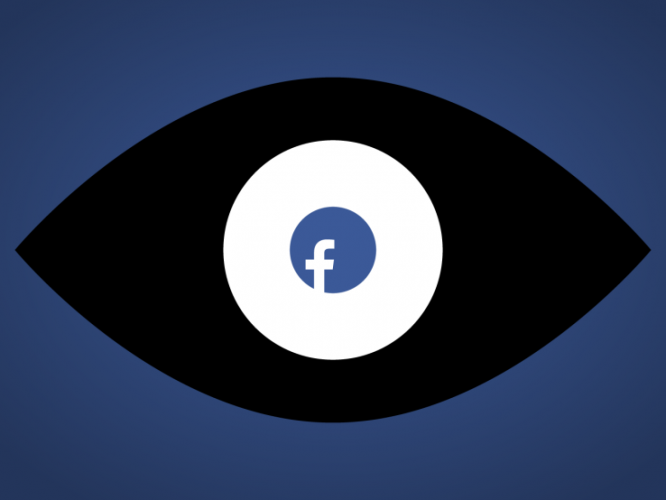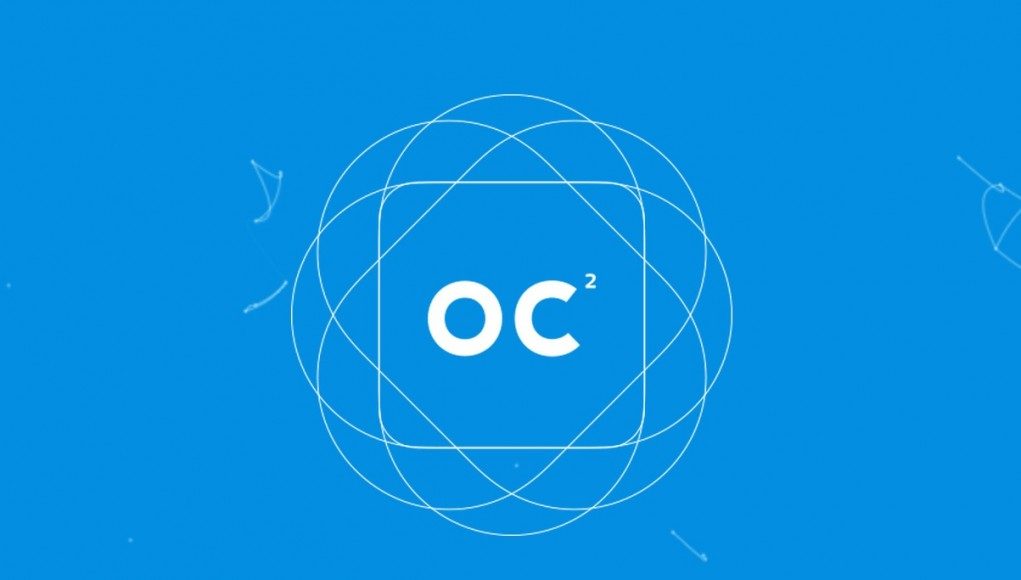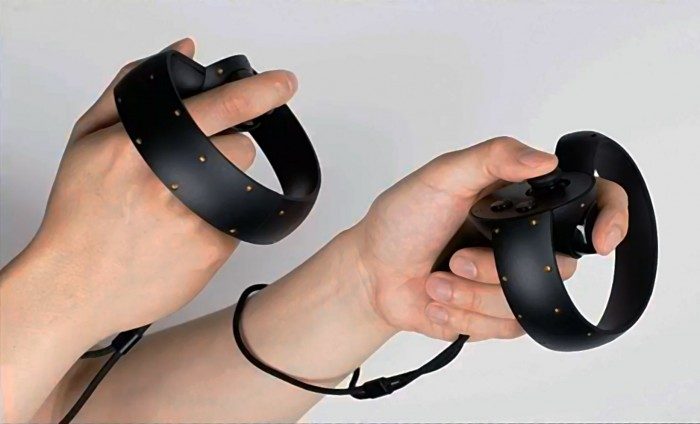Details of Oculus’ second ‘Connect’ VR developer conference are now out and hints at a new ‘Social SDK’ which it’s presumed is designed to help developers to create applications designed to being people together in VR.
There are many examples of disruptive technologies that were treated with apprehension and even fear upon first arrival. In the 80’s and 90’s, video-gaming it was said promised to destroy our children’s ability to interact with other human beings whilst creating a world devoid of social and moral structure. At least, that’s how some extremist portions of popular media seemed to delight in portraying it at the time.
Fast forward 30 years and we’re already seeing a slow resurgence of some of the same negativity, in particular the aspects surrounding social interaction. When it comes to VR of course, there are very obvious reasons for this, even if (as we’ll discuss here) they’re not all entirely valid.
VR’s potency, its ability to transport the human psyche, is also fundamentally its biggest weakness, at least when facing down popular (and often poorly informed) media. By definition, the more immersive something is, the less aware of your physical reality you become. VR, it seems on face value, is one of the most anti-social entertainment technologies we’ve yet seen. You wear a headset that isolates you from the physical world, ergo you’re unable to interact with it. That’s if you approach it from a traditional standpoint at least.

Oculus will of course be acutely aware of this perception and given its acquisition last year by Facebook, presumably have much more than just PR in mind as impetus for altering that perception. When you’re owned by a huge organisation, founded upon the idea of facilitating social interactions, you damned well better have a way to answer critics of your tech citing the above observations when your cutting-edge entertainment product hits market.
Which is why it’s particularly interesting to note the details of one particular talk featuring among Oculus’ recently released Connect 2 schedule:
Building Social VR Apps and Experiences
Game & App Design | Gareth Davis (Oculus)
Shared experiences in virtual reality open up a new world of possibilities for interaction, communication, work, and play. At Oculus, we’re building new tools, apps, and experiences to bring people together in VR. We’ll cover lessons learned during the development of these experiences and discuss the tools that Oculus is building to help developers create their own social VR apps.
Takeaways:
- Learn about Oculus’ forthcoming Social VR Features, Apps and Experiences
- Lessons Learned during development of Social VR Apps
- Gain an overview of the Oculus Social SDK and roadmap to help you build social VR Apps and Experiences
Duration: 25 min
The above description has since been updated on the Connect 2 schedule, with mentions of the Oculus Social SDK, on which the talk appears to be partially based, now removed. As far as we’re aware, the Oculus Social SDK is a new component in Oculus’ development arsenal, one that looks to be debuting at Connect.
We approached Oculus for comment on the removal of the term from the description above, but they declined.
There are clues elsewhere of Oculus’ intentions to focus on the social aspects of VR at the show. You’ll likely now be familiar with Oculus’ prototype Touch controllers. And if you are, you’ll probably have heard about the developer playground known as Toybox, a virtual environment filled with interactive gizmos and toys that demonstrate and allow the testing of those controllers.
See Also: Hands-on: Oculus Touch is an Elegant Extension of your Hand for Touching Virtual Worlds
Toybox is a multiplayer, social experience which, even at this early stage, is rich with social interaction. It’s thus far only been demo’d in two-player form, with both players in isolated physical rooms, communicating through voice comms. It seems that Toybox too will be given some significant attention at Connect too:
Building ‘Toybox’ for Oculus Touch
Game & App Design | Matt Alderman (Oculus), Brandon Dillon (Oculus)
Toybox was the first demo for Oculus Touch and served as the internal prototyping test bed to experiment with new features and social interactions in VR. Toybox helped us understand how people interact in virtual reality, how to build expressive avatars, and how we can deliver social presence. In this talk, you’ll learn everything we learned about designing intuitive, enjoyable interactions for Oculus Touch.
Takeaways:
- How to design avatars that are expressive, avoid the uncanny valley, and deliver social presence.
- You’ll learn everything we’ve learned about designing for Oculus Touch from building Toybox.
- Specifically, you’ll learn how to design interactions that are intuitive, enjoyable, and deliver hand presence.
Duration: 60 min
An hour focusing on Toybox, virtual avatars and intuitive social interactions, all of which suggests further emphasis by Oculus on educating the world, one developer at a time, that social virtual reality will be crucial in the coming months and years.
Now that the core hardware (the ‘Rift’) for Oculus’ retail rollout next year is locked down, Oculus Connect 2 is a real opportunity for the company – who arguably Kickstarted (pun intended) the latest VR ‘revolution’ – to change the conversation surrounding it. Namely, and quite simply from ‘how?’ can VR be technically achieved to ‘what and why?’ we’ll do once ‘inside’ it.
Let’s hope that between all the players in the VR space they manage to build applications to demonstrate the ways in which VR can evolve our interactions with other humans, rather than stunt and destroy them. They’ll be vital once those mainstream media types realise that VR represents a rich seam of reactionary commentary to fire the misinformed masses up with.
Oculus Connect 2 takes place at the Loewes Hotel in Hollywood, CA September 23rd-25th. All places at the event are now filled with registration closed. Road to VR will be there.








